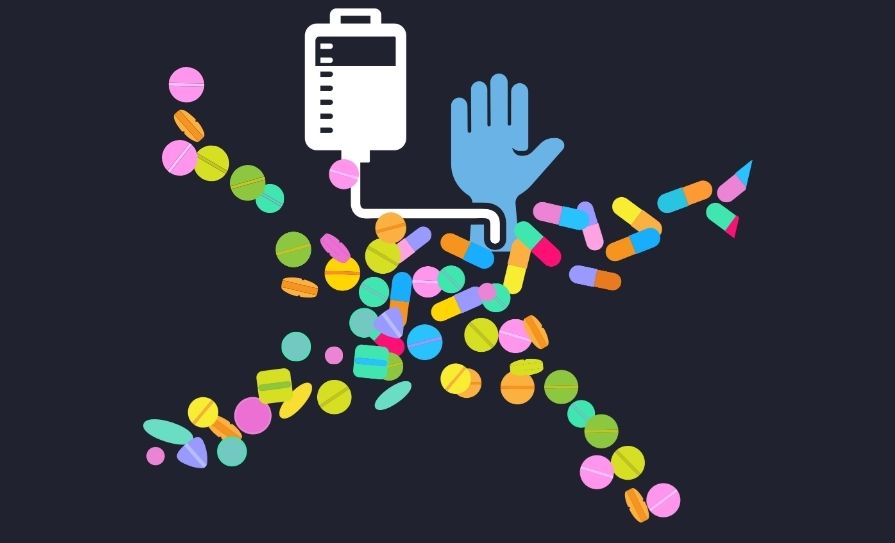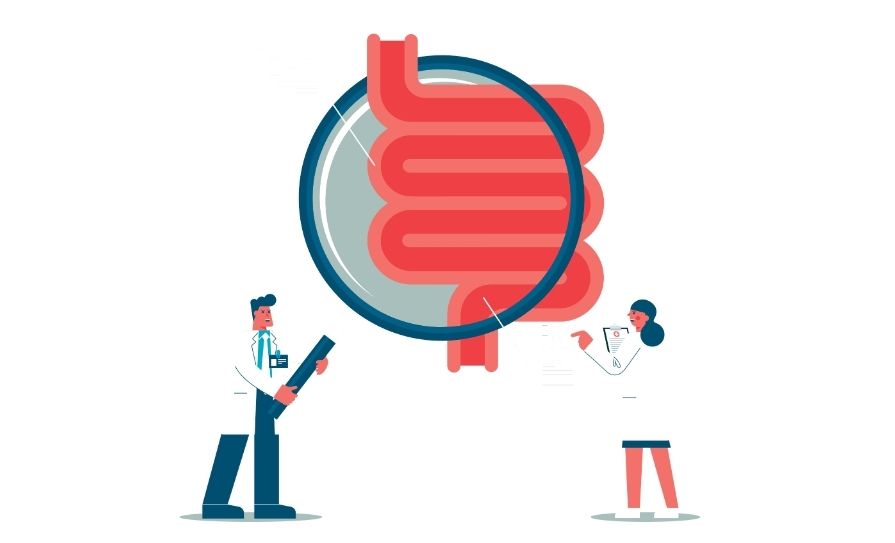Researchers at Trinity College Dublin, along with colleagues in RCSI University of Medicine and Health Sciences and the Economic and Social Research Institute (ESRI) have found that patients with more than one chronic health condition are under a significantly higher financial burden with healthcare expenses than those without a chronic health condition. Their findings, newly-published in the journal BMJ Open, are particularly pertinent in the current cost-of-living crisis, said the authors.
Healthcare is a major source of expenditure for patients in Ireland. The majority of people (59 per cent) in Ireland aged 50 years or over have more than one chronic health condition. Chronic health conditions are health issues that can last a long duration, generally progress slowly, and are not passed from person-to-person. Examples include diabetes, arthritis, or depression. Individuals with more than one health condition are likely to have higher healthcare needs and higher out-of-pocket payments for healthcare. These high costs can lead to people choosing not to buy their medicines or not attending their healthcare appointments.
The question researchers sought to answer was: How much more do people with multiple health conditions spend on healthcare, compared to those with no conditions?
The research team used TILDA data from 2016 to investigate the healthcare expenditure of a nationally representative sample of 5,899 adults aged 50 years or over.
KEY FINDINGS:
- People with two chronic conditions had an average annual expenditure of €806.80, and people with three or more conditions spent an average of €885.80. This compared to €580.30 for people with no chronic conditions. Therefore, people with two chronic conditions on average spent 39 per cent more on healthcare than people with no chronic conditions, and people with three or more conditions spent on average spent 53 per cent more than people with no chronic conditions. These figures are likely an underestimate, as household adaptations and travel costs to access healthcare were not included in the analysis.
- The biggest contributor to increased expenditure was medicines, accounting for approximately half of expenditure for people with two or more conditions.
- People with more than one condition had lower incomes, which means that some people with multiple conditions are spending a very large proportion of their income on healthcare. For example, the researchers found that almost one-in-10 people with three or more conditions spent more than 20 per cent of their income on healthcare.
- Having a medical card reduced healthcare expenditure by approximately half.
- Though data was collected in 2016, there have been few changes to the medical card entitlements system in Ireland since then.
ABILITY TO PAY
James Larkin, PhD Scholar, Department of General Practice, RCSI, and lead author, said: “What is particularly concerning is people with more than one chronic condition not only have to spend more on healthcare, they also have lower incomes on average, meaning they do not have the ability to pay for some healthcare costs. Increasing the income threshold for the medical card would likely be beneficial to people with more chronic conditions, especially considering the threshold has changed very little in the last eight years. Furthermore, we know from previous Irish research that 31 per cent of those entitled to a medical card are not availing of it. So to reduce financial burden, barriers to medical card uptake should be addressed. These barriers include lack of awareness of entitlement, potential stigma, and large administrative burdens.”
Prof Susan Smith, Professor of General Practice, Department of Public Health and Primary Care, School of Medicine, Trinity College Dublin, and senior author, added: “These results are concerning, especially when we consider the current cost of living crisis. People with multiple health conditions have higher healthcare expenditure and lower incomes. Inflation is leading to higher energy bills and fuel costs, meaning that the capacity for people with multiple health conditions to pay for their healthcare is shrinking even further.”
To read the full paper: ‘What is the impact of multimorbidity on out-of-pocket healthcare expenditure among community-dwelling older adults in Ireland? A cross-sectional study’ in the journal BMJ Open, visit: https://bmjopen. bmj.com/content/12/9/e060502.







